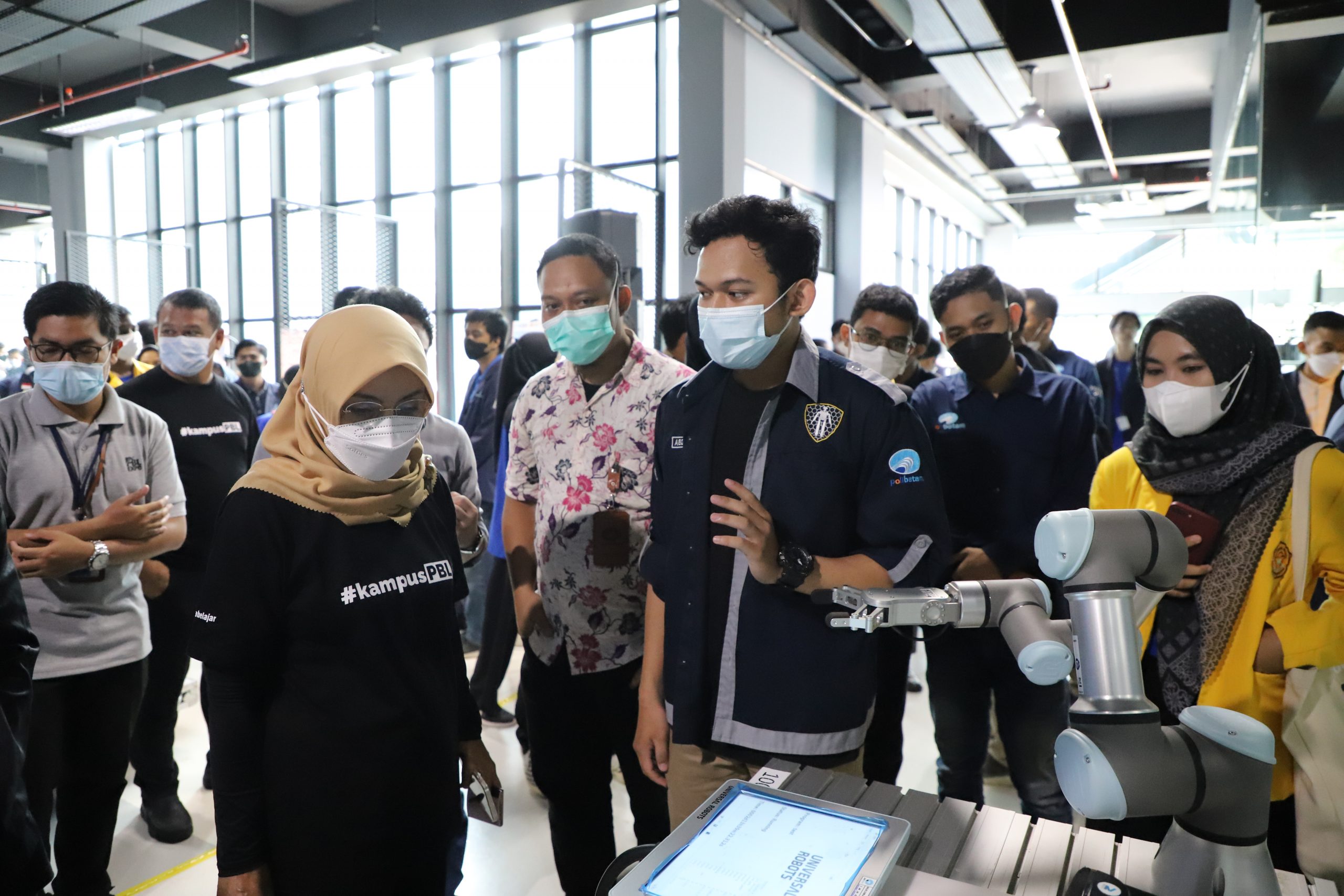Project Based Learning (PBL)

Project based learning (PBL) is a learner-centered learning model, in which participation in conducting an in-depth investigation of a topic depends on the role of the students themselves. Students constructively deepen learning with a research-based approach to problems and questions that are weighty, real, and relevant. PBL is also a systematic teaching method that engages students in learning essential 21st Century knowledge and skills (21st Century Skills) through an in-depth, student-influenced, structured inquiry process through carefully designed projects. In similar vein, PBL is a student-centered pedagogy that involves a dynamic classroom approach in which it is believed that students gain deeper knowledge through active exploration of real-world challenges and problems (Edutopia, online).
Students learn about a subject by working long hours to investigate and respond to complex questions, challenges, or problems (PBL Works, online). This is an active learning style and inquiry-based learning. PBL contrasts with paper-based, memorization, or teacher-led instruction which presents established facts or illustrates a smooth path to knowledge by posing questions, problems or scenarios (Vogler, 4 2017).
The PBL method can also be interpreted as Problem Based Learning or Product Based Learning. One way to think about the difference between the three is to look at the results. In Project Based Learning and Product Based Learning, students must produce artifacts/products to demonstrate their content mastery. While Problem Based Learning, students must present solutions to authentic problems or certain scenarios that have been clearly defined (Edutopia, Online)
#PBL #Teaching&LearningMethod

